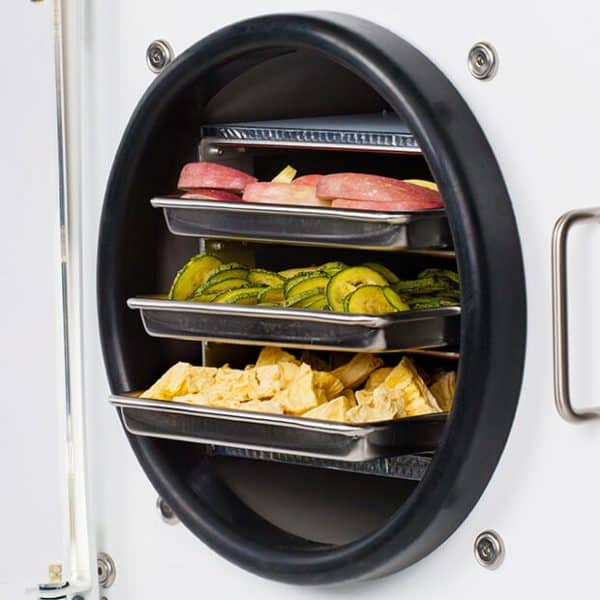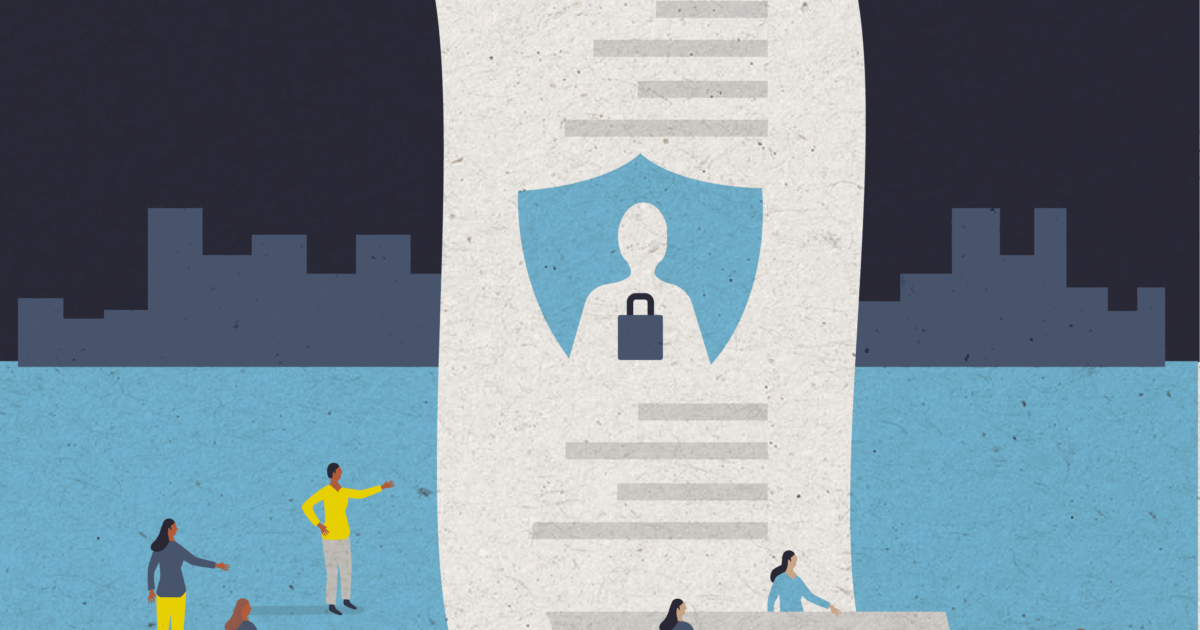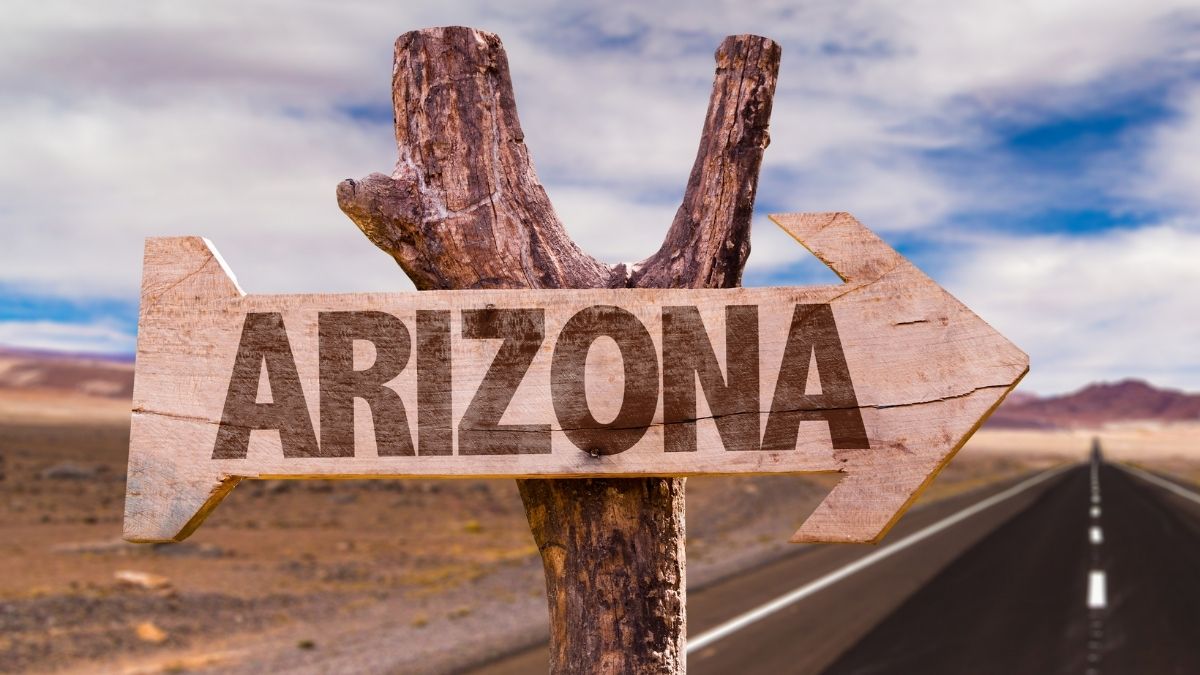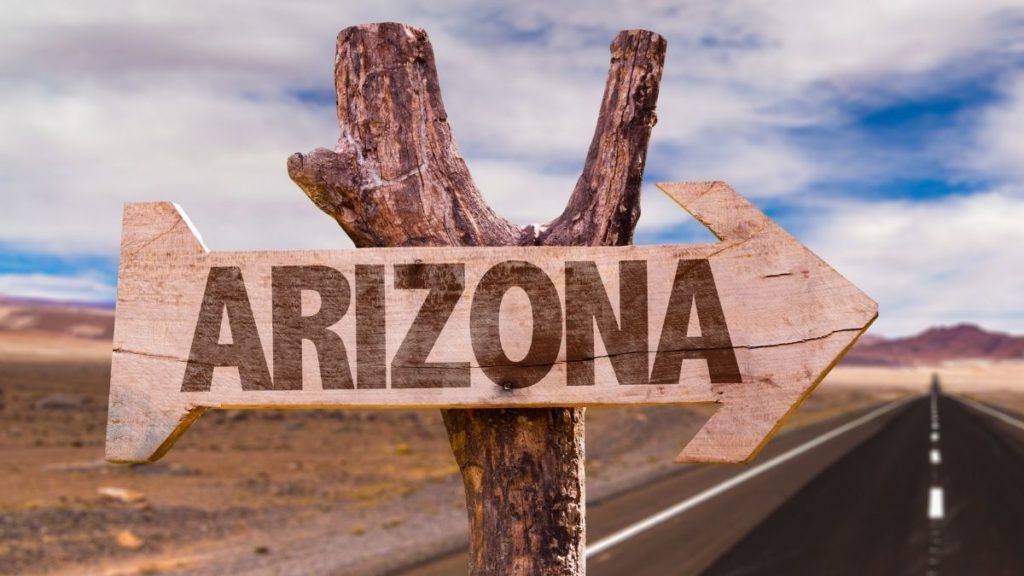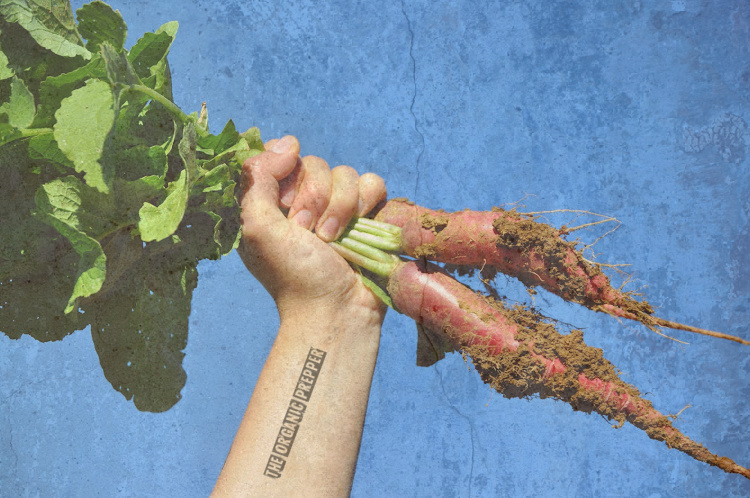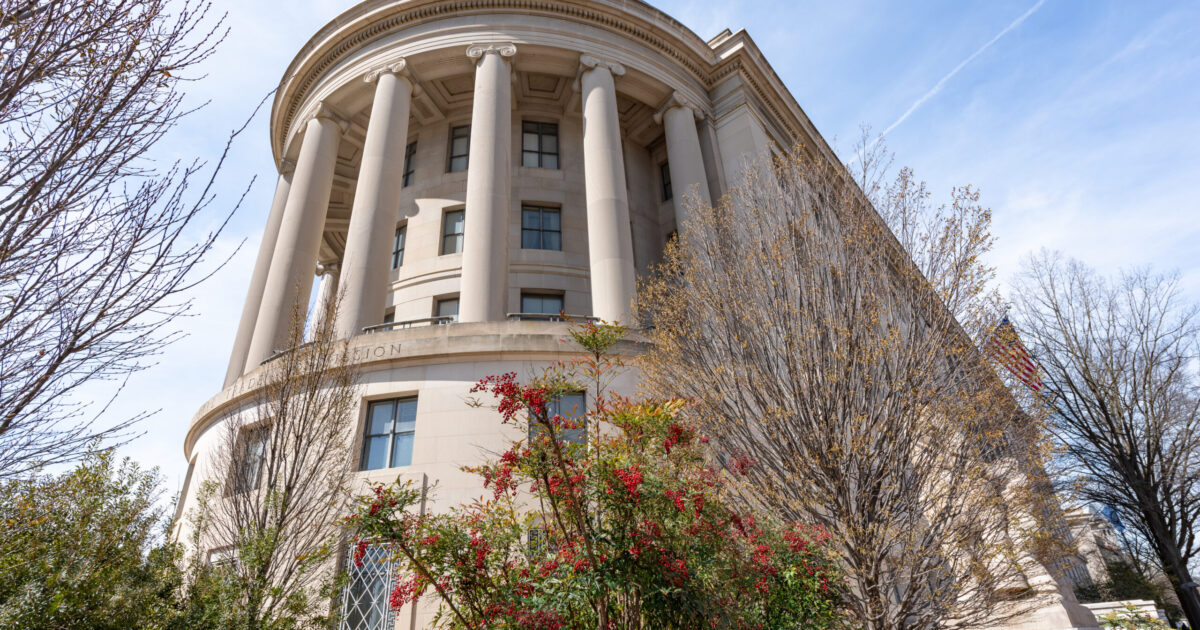By Sara Geoghegan, Law Fellow, and Dana Khabbaz, Law Fellow
The recent Supreme Court decision in Dobbs v. Jackson Women’s Health Organization poses an unquestionable threat to the safety and privacy of abortion providers and patients alike. The right to make health related decisions free from commercial or government interference is inherent to one’s dignity and autonomy. The implications are all the more harrowing in light of the technological realities of today: a huge data broker industry that sells our location data and most sensitive information to private and government purchasers alike. The data broker industry also uses secret algorithms to profile nearly every person in ways that undermines their decisional and reproductive privacy. EPIC has worked for decades to defend privacy rights online, and will continue its advocacy in the face of the coming challenges. See EPIC’s statement about the decision here.
The recent Dobbs decision overruled Roe v. Wade and Planned Parenthood v. Casey, two cases which enshrined abortion rights constitutionally. We are only beginning to witness the impact of the Dobbs decision on individual privacy. The decision poses a critical threat to privacy rights when combined with today’s vast personal data collection systems, a growing and underregulated data broker industry, government consumption of people’s data for surveillance purposes, private use of data for targeted advertisements, and increased use of unreliable AI and algorithms.
Commercial and government entities collect vast amounts of personal information about individuals, including location data. Location data can reveal the most sensitive characteristics about a person, including: religion, sexual orientation, sexual activities, gender identity, health conditions, union membership, and political affiliation. Phones and devices generate location data which is collected by various entities and may be sold to data brokers, advertisers, or the government. Data brokers use secret algorithms to build profiles on every consumer based on their online activities, often without the consumer’s knowledge. Using profiles to target advertisements to pregnant people is not new. For example, Target reportedly sent maternity and pregnancy related advertisements to a teenager before she told her family she was pregnant. As the article, Target Knows You’re Pregnant, explained “all Target customers are assigned a Guest ID. Associated with this ID is information on ‘your age, whether you are married and have kids, which part of town you live in, how long it takes you to drive to the store, your estimated salary, whether you’ve moved recently, what credit cards you carry in your wallet and what Web sites you visit.’” Analyzing this data, combined with a customer’s purchase history, could produce a “pregnancy prediction” score, which includes an estimate of the customer’s due date. Post Roe, these types of profiles could be weaponized against individuals who seek abortions in states where abortion is illegal.
Data brokers play a pervasive role in the location data market. Data brokers buy, aggregate, disclose, and sell billions of data points on Americans, including their location data. Data brokers build profiles on every American from…



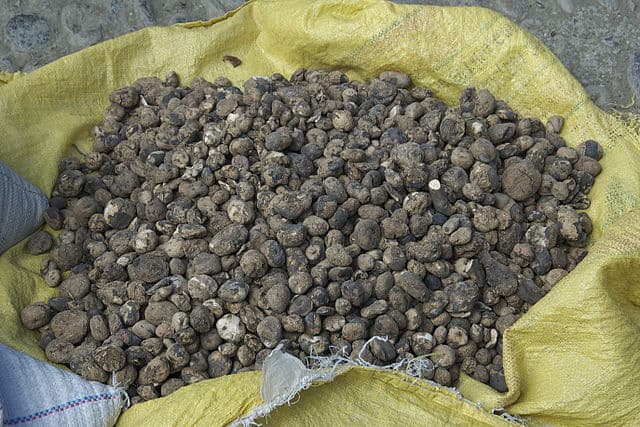 Chuño: Andean freeze dried potato.
Chuño: Andean freeze dried potato. Instant coffee is one of the most common freeze dried foods.
Instant coffee is one of the most common freeze dried foods. Growing up, I ate “astronaut ice cream” made by freeze drying
Growing up, I ate “astronaut ice cream” made by freeze drying